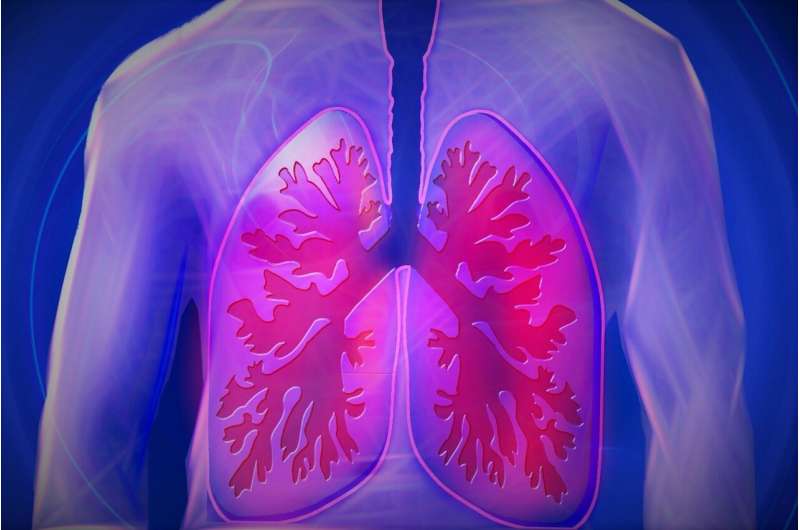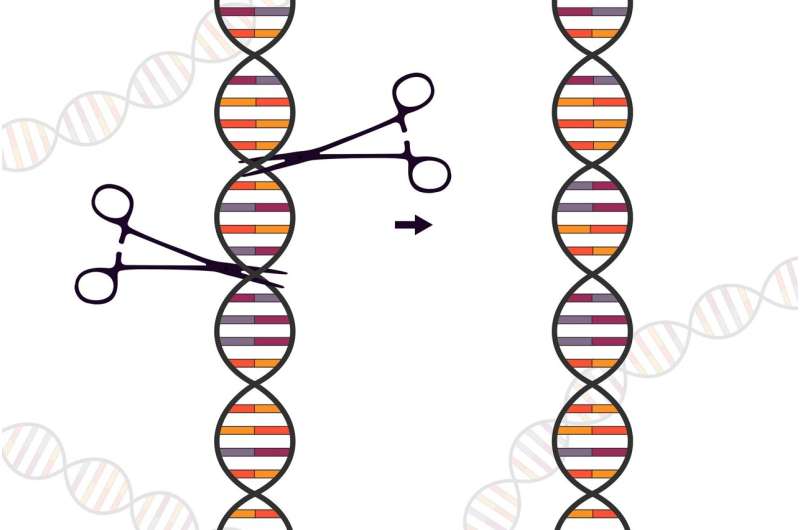Study Shows Methotrexate as Effective as Prednisone in Treating Pulmonary Sarcoidosis

New research shows that methotrexate is as effective as prednisone in treating pulmonary sarcoidosis, with fewer side effects, offering a promising alternative for patients.
Recent research presented at the ATS 2025 International Conference and published in the American Journal of Respiratory and Critical Care Medicine indicates that methotrexate can serve as a viable alternative to prednisone for managing pulmonary sarcoidosis. Prednisone, traditionally the first-line treatment, is effective but often causes undesirable side effects such as weight gain, sleep disturbances, and psychological issues. The study, known as the PREDMETH trial, was a randomized, controlled comparison conducted across 17 hospitals in the Netherlands involving 137 patients.
The findings revealed that after 24 weeks, methotrexate was non-inferior to prednisone in controlling the disease, although it demonstrated a slower onset of action. At the same time, patients receiving methotrexate experienced fewer persistent side effects, with different adverse effects like nausea, fatigue, and liver issues, while prednisone-related side effects included weight gain, insomnia, and increased appetite.
First author Dr. Vivienne Kahlmann highlighted that some patients on methotrexate showed symptom improvement within just four weeks, emphasizing the potential for personalized treatment choices based on individual patient needs and preferences. While some patients prioritize rapid symptom relief, others may prefer to avoid steroid-related toxicity.
Looking ahead, researchers plan to develop decision-support tools for clinicians and patients, as well as conduct further studies on biological markers to predict treatment responses. These advancements aim to optimize management strategies for pulmonary sarcoidosis, balancing effectiveness with minimizing side effects.
Stay Updated with Mia's Feed
Get the latest health & wellness insights delivered straight to your inbox.
Related Articles
Scientists Awarded Top US Prize for Breakthrough Cystic Fibrosis Treatment
A groundbreaking treatment for cystic fibrosis has transformed patient outcomes and earned the prestigious Lasker Prize, offering new hope for affected individuals worldwide.
Innovative Gene-Editing Technique Offers Hope for Childhood Vascular Disease Treatment
A novel CRISPR-based gene-editing technology shows promise in treating deadly childhood vascular diseases by precisely targeting genetic mutations, extending survival in preclinical models.
Living in Rural Areas During Early Childhood May Increase Risk of Developing Type 1 Diabetes
New research indicates that early childhood living in rural environments may significantly increase the risk of developing type 1 diabetes, highlighting the importance of environmental factors in disease development.
Research on Roundworms Reveals Proteins That May Facilitate Neuron-Glia Communication During Brain Aging
Discover how heat shock proteins facilitate neuron-glia communication in aging brains, based on groundbreaking research with *Caenorhabditis elegans*.



